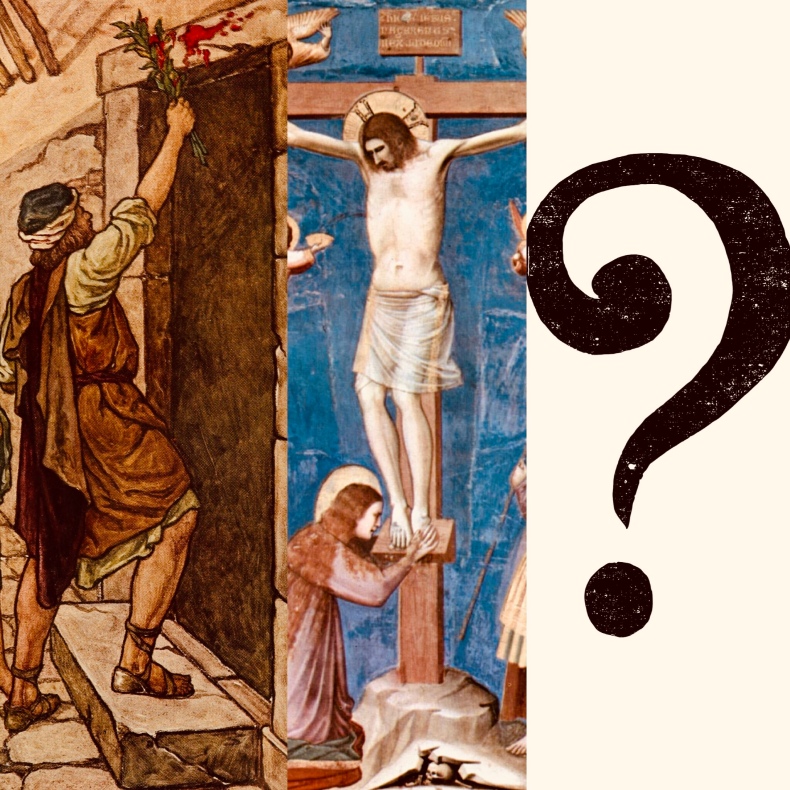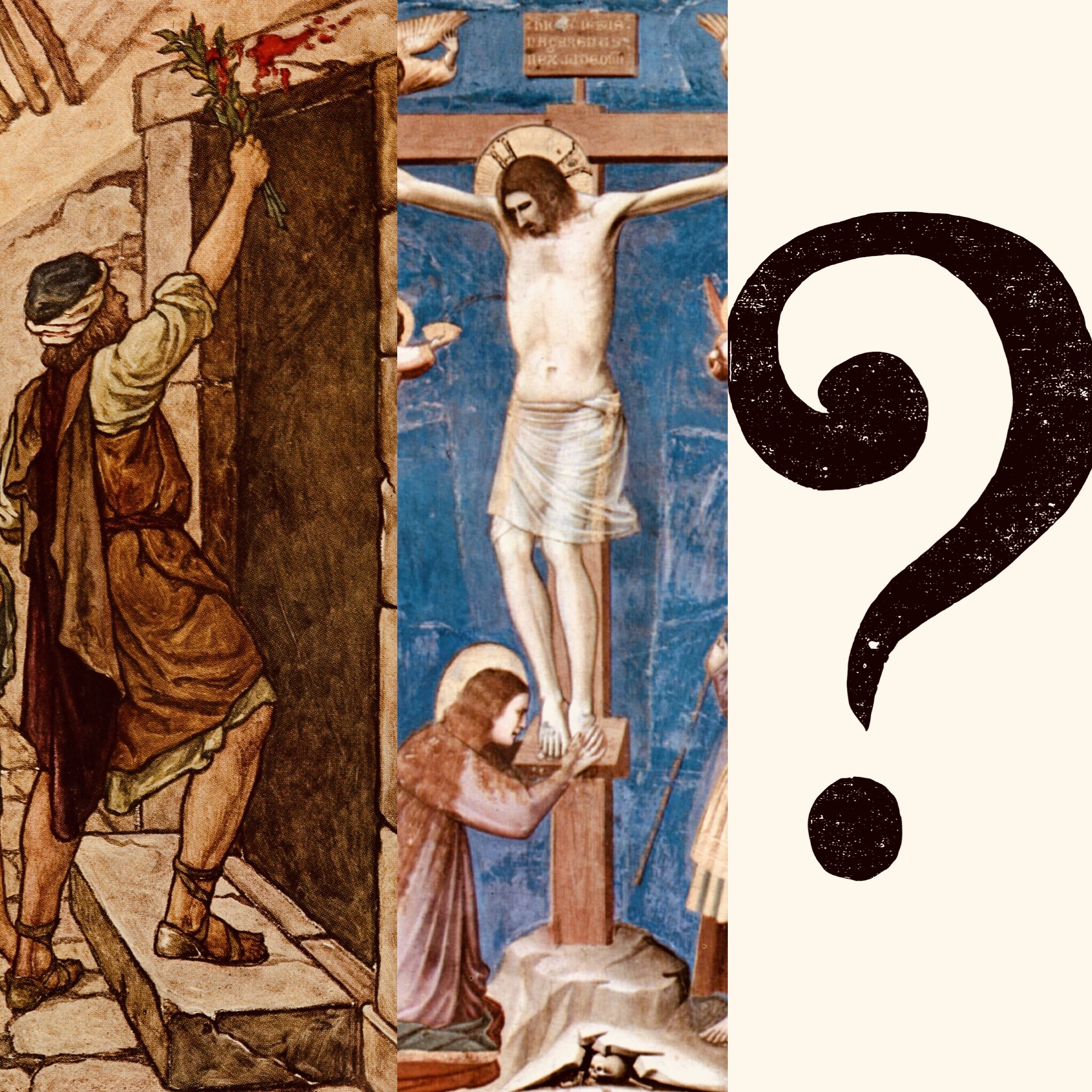
Before 1998, I have no mental imagery of what the events of the first Passover must have been like until I saw the cartoon blood being painted onto the door posts in the movie, The Prince of Egypt. For everyone that grew up before the 90’s, I guess Charlton Heston’s version of Moses in The 10 Commandments from 1956, was your point of reference.
I will never forget seeing the music video to the song “When you believe,” as a duet between Whitney Houston and Mariah Carey with scenes of the movie. Next to the imagery invoked when that song is played, my favorite part in the movie is seeing God speak to Moses in the burning bush. Did the screen writers get the dialogue word for word? No, but I do believe they captured the intent and heart of God hearing the cry of His people and that He would use Moses to display God’s wonders. Forget about Aaron and his role, it did not fit the script…oops. To the point however, the exchange of Moses before God and the sense of wonder Moses experienced with God, is what I see displayed in that scene. God is both fully just and fully wondrous to behold.
The last image I cannot shake from my mind is when what appeared to be a mist coming from the night sky, quickly dispersing over Egypt. The scripture records that God said, “I will pass through Egypt and strike down every firstborn of both people and animals, and I will bring judgment on all the gods of Egypt. I am the Lord. The blood will be a sign for you on the houses where you are, and when I see the blood, I will pass over you” (Exodus 12:12-13a, NIV).
In the Prince of Egypt, this mist moves from house to house, stopping at the door with blood on the posts, and then moving on. Then in the Egyptian houses, the mist goes into the houses, passes through a child and takes their breath from them. The bible says God struck them down at midnight. I think the movie showed a creative and humane way for children to die in their sleep, after all, the children would be asleep in the middle of the night. Then the mist goes into Pharaoh’s palace and takes the life of Pharaoh’s child. The movie shows the pain and anguish in Pharaoh’s face as he tells Moses to go.
Why? Why the plague of the firstborn son? I watched this movie with my children a few weekends ago and it still puzzled me. I get that God is showing His superiority over Pharaoh, but what was the purpose for the death of the firstborn of all Egyptians, even servants, prisoners and livestock? Was it the sin in Egypt that God was casting his judgement upon? Was it the best of what could be offered? Was it to cut off the lineage of Pharaoh?
Many people wince at this scene of dead people and the fact that God would do such a thing. We have to be careful in our observations of history to not place our judgements on the past. God responded in fairness and justice. He warned Pharaoh and since Pharaoh represented his people as their god, the burden of the last plague rests on his shoulders.
The Second Passover is clearly Jesus. We celebrate it every Easter, around the same time, but not always the same time as the Jewish Passover. Jesus’ blood, shed for us all, is what allows God to “pass over” our sins. That seems to be the Jewish component of this analogy. What if you are not a Jew? Does this story still connect? Are all Jews and Gentiles the enslaved Israelite’s in this story? I want to offer up another perspective, and this is possibly a third Passover.
Maybe God took the firstborn child of Pharaoh because he would be taking the firstborn son over all creation, Jesus. Maybe Jesus’ last breath, was the last breath of the firstborn struck down at midnight. Maybe if you are a Gentile, then the Egyptians are our counterpart in this story. Maybe God took the firstborn sons of Egypt as a representation of Jesus being the savior of the Gentiles as well.
If Jesus’ shed blood on the cross fulfills the Old Covenant requirements for sin to pass over us as it did for the Israelites, then what about the death of the first born?
Maybe the third Passover is this idea that God punished Pharaoh by taking his firstborn son. For us, Jesus’ death as the firstborn not just to Mary, but as the firstborn over all creation (Colossians 1:15), His last breath fulfilled the requirements for those who do not know God’s commands. That would be all non-Jews, or as the New Testament calls us, Gentiles.
This Easter be reminded that His blood was shed and at His last breath, He gave up His spirit and the death of the firstborn was atoned for. Whether you are a Jew or a Gentile, Jesus paid the price for all people groups of the world. One only need to see their own sin as opposition to God’s character, repent, believe Jesus did the impossible to reconcile us to God, receive this amazing gift of undeserved grace and then walk in the newness that the indwelling of the Holy Spirit brings.
In Truth & Love
Matthew J. Diaz
Sign up for my email updates here.

